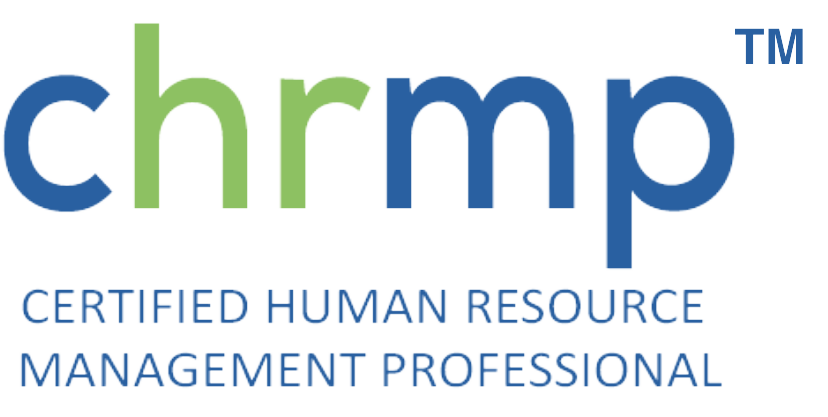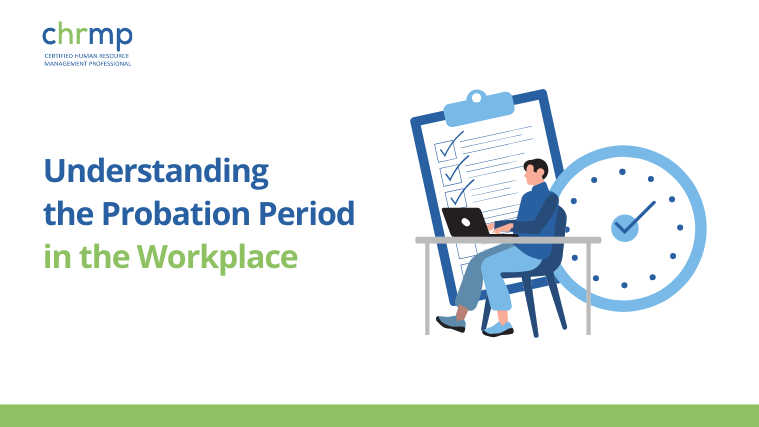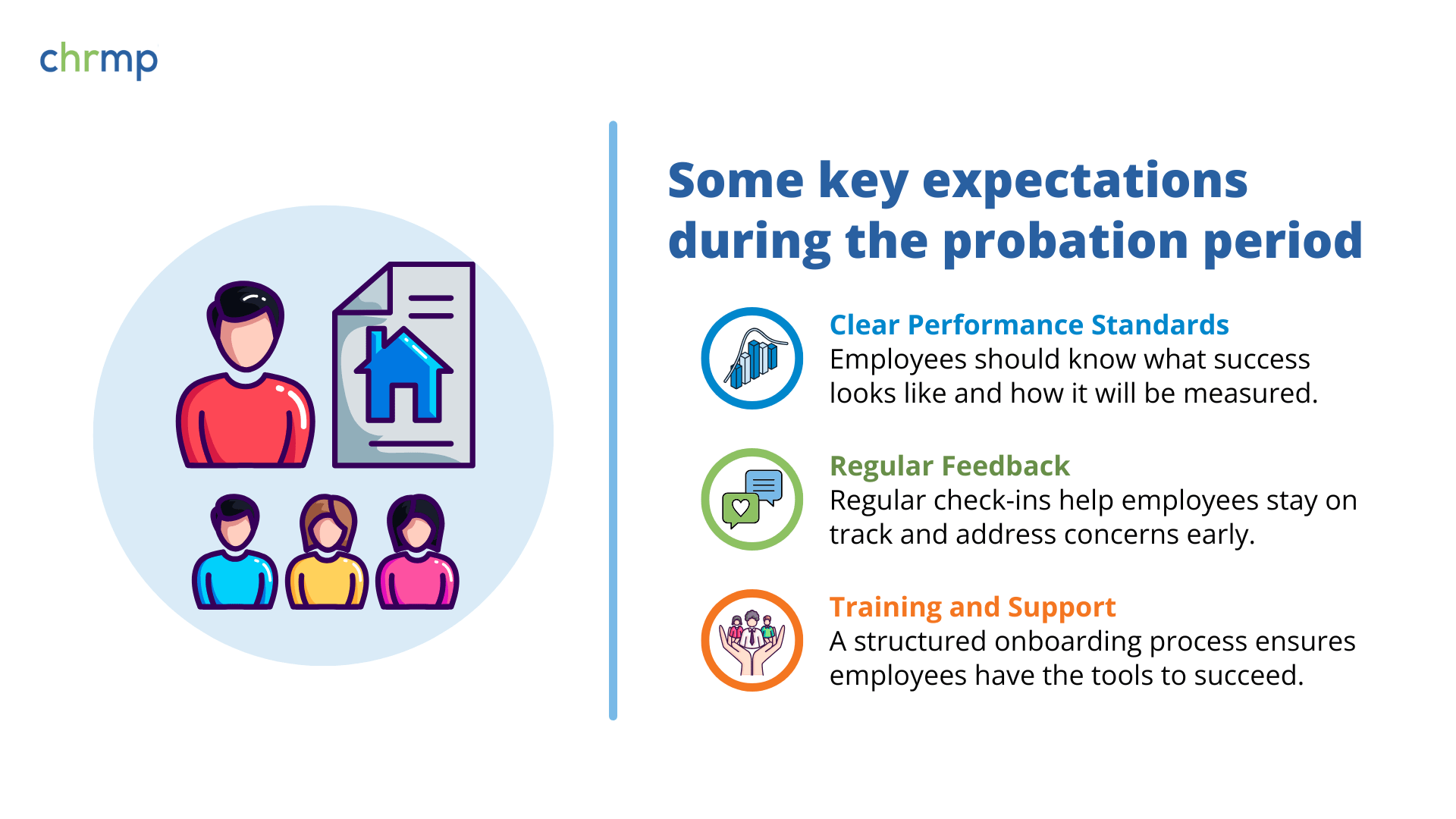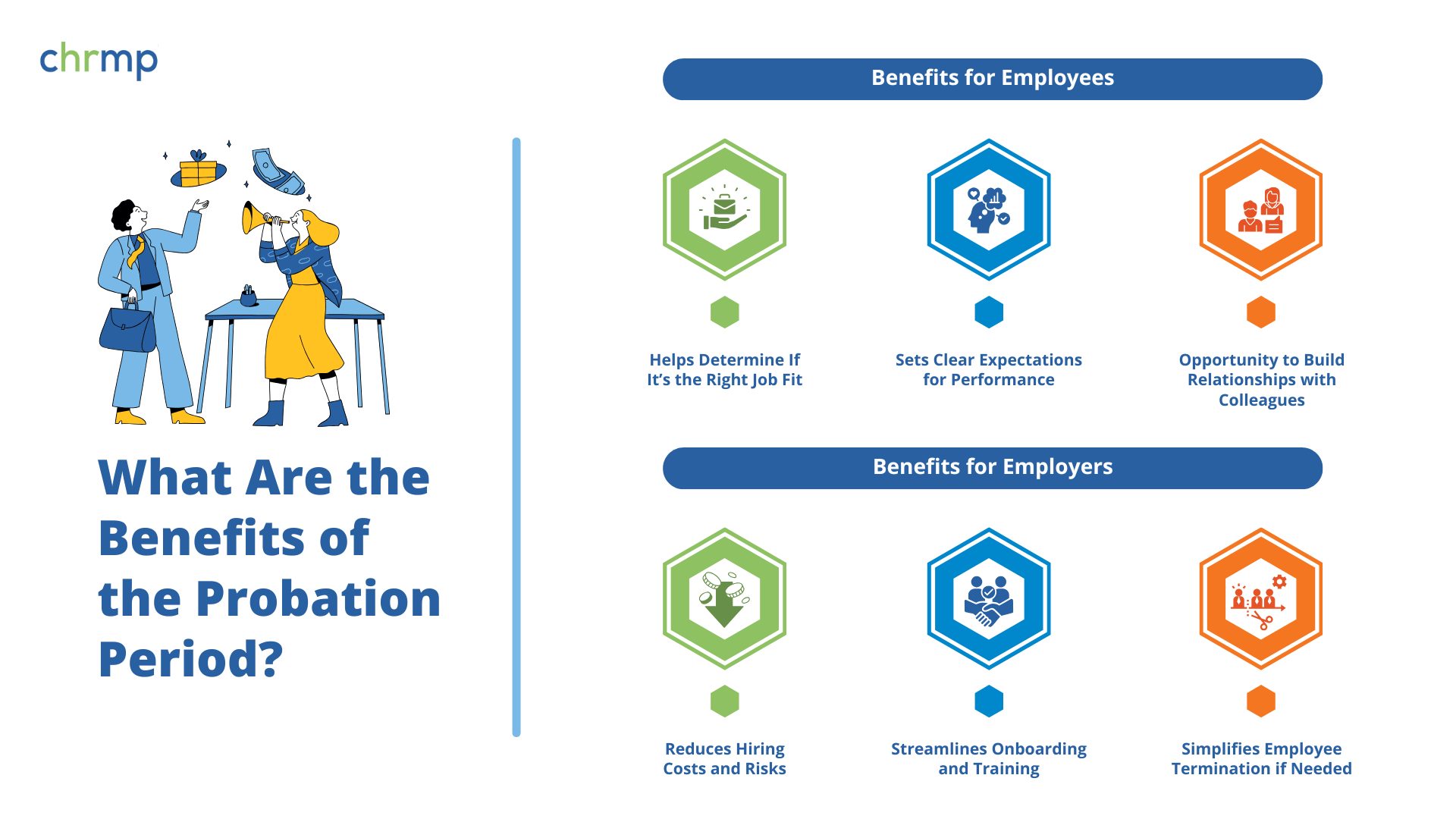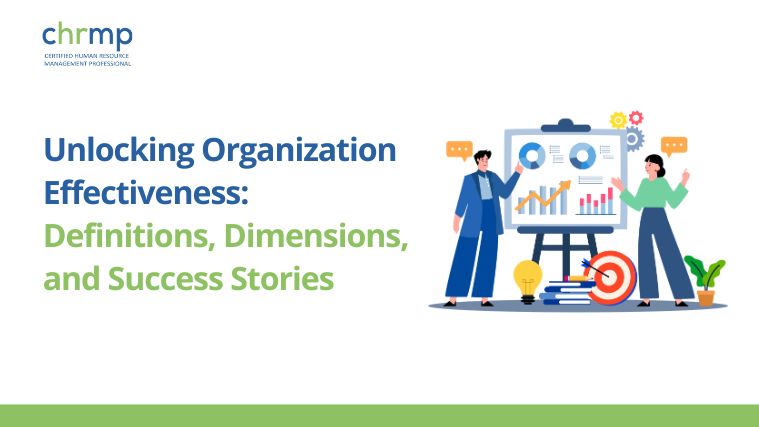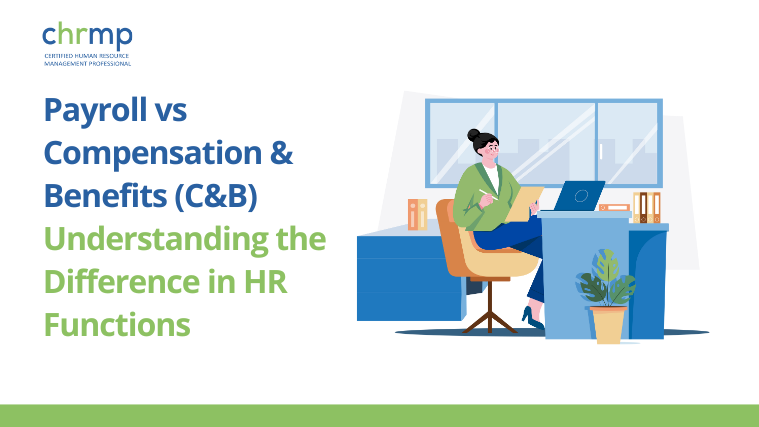Have you ever found yourself wondering whether your new hire is truly the right fit for your company—or vice versa? The probation period, an often-underestimated phase of the employment journey, plays a pivotal role in addressing this uncertainty. It’s a time for both employees and employers to assess the fit, align expectations, and ensure the decision to work together is mutually beneficial. In this blog, we’ll explore the Probation Period in the Workplace—what it is, its benefits, how to manage it effectively, and the key employment laws surrounding it.
If you’re an HR professional, manager, or business owner, understanding this essential aspect of the employee lifecycle will help you streamline your hiring process and ensure smoother transitions for all involved.
What is the Probation Period?
A probation period in employment is a trial phase typically at the start of an employee’s tenure with a company, during which both the employer and the employee can evaluate whether the relationship is a good fit. It’s a time to assess performance, work habits, and whether expectations align on both sides. While it may vary depending on industry or country, the probation period provides a defined period for companies to decide whether an employee is suited for permanent employment.
Defining the Probation Period: Key Concepts
A probationary period isn’t just a formality. It’s a structured process that serves two key purposes:
- Employee Evaluation: Employers assess the new hire’s performance, behavior, and integration into the company culture.
- Employee Assurance: It provides employees an opportunity to gauge whether the company and role align with their career goals, work style, and values.
Typically, this period spans from one to six months, though it can sometimes be extended depending on the situation.
Common Duration and Expectations of the Probation Period
Probation periods can vary in length, but six months is common in many organizations. During this time, both parties need to meet certain expectations. For employees, it’s about adapting to the role, understanding company culture, and meeting performance goals. Employers, on the other hand, evaluate the employee’s work ethic, adaptability, and ability to contribute to the team.
Some key expectations during the probation period include:
- Clear Performance Standards: Employees should know what success looks like and how it will be measured.
- Regular Feedback: Regular check-ins help employees stay on track and address concerns early.
- Training and Support: A structured onboarding process ensures employees have the tools to succeed.
Which Types of Organizations Offer Probation Periods?
Probation periods are common across various industries, with some differences in expectations and processes. Let’s break down how different types of organizations approach this practice:
Private Sector Companies and Corporations
In the private sector, companies typically offer probation periods as a way to reduce the risk of making bad hires. The probation period helps them evaluate performance without committing to permanent employment. Larger corporations often have structured programs with formal evaluations.
Government Agencies and Public Sector Organizations
Government positions tend to have more formal and standardized probationary processes. These agencies often follow specific public service regulations, including clear timelines, performance assessments, and criteria for successful completion.
Non-Profit Organizations and Charities
Non-profit organizations may implement probation periods to assess cultural fit, especially since many non-profits prioritize mission alignment. Employees are expected to show dedication to the cause, and these organizations may use probation as a way to ensure both mission alignment and the ability to perform the job.
Startups and Small Businesses
For startups and small businesses, probation periods are crucial in assessing adaptability and versatility. These organizations often operate in dynamic environments, and probation periods provide the flexibility to make adjustments to the workforce as needed.
Importance of the Probation Period
For both employees and employers, the probation period is a time of discovery. Here’s a the importance from both perspectives:
Employee Perspective: Assessing Job Fit
- Is this the right role? Employees can evaluate whether the job aligns with their skills, interests, and career goals.
- Work Environment and Culture: Employees assess if the company’s values and culture align with their own. The probation period helps in determining whether they feel comfortable and supported in the workplace.
Employer Perspective: Evaluating Performance and Suitability
- Performance Monitoring: Employers assess how well an employee performs, contributes to team dynamics, and handles the responsibilities of the role.
- Cultural Fit: It’s also about ensuring the employee meshes with the company culture and works well with other team members.
- Assessing Potential: Employers use this time to gauge long-term potential and whether the employee could grow within the company.
What Are the Benefits of the Probation Period?
Benefits for Employees
- Helps Determine If It’s the Right Job Fit: Probation allows employees to confirm whether they enjoy the work and feel motivated to stay long-term.
- Sets Clear Expectations for Performance: Employees receive feedback on how well they’re meeting expectations, allowing them to make necessary improvements early on.
- Opportunity to Build Relationships with Colleagues: During this period, employees have the chance to build strong professional relationships, which can enhance job satisfaction and career growth.
Benefits for Employers
- Reduces Hiring Costs and Risks: If an employee isn’t performing well, it’s easier to end the relationship during probation than after permanent employment.
- Streamlines Onboarding and Training: Companies can streamline their onboarding processes by focusing on a set timeline to evaluate the employee’s abilities.
- Simplifies Employee Termination if Needed: In cases where an employee isn’t a good fit, probationary periods make the process of termination smoother and less complex from a legal perspective.
Is the Probation Period Considered Experience?
During the probation period, an employee’s time is officially recorded as part of their employment history. However, many companies exclude this period from calculating seniority and eligibility for certain benefits, such as annual leave accrual and promotions.
For instance, an employee might undergo a six-month probation where they focus on proving their performance and fit within the company. Only after successfully completing probation does their seniority begin, making them eligible for long-term benefits. This approach allows the employer to evaluate the employee’s suitability before committing to additional perks, while the employee has the chance to secure their position and future benefits within the organization.
Does Salary Increase After Completing the Probation Period?
Salary increases after completing the probation period are not guaranteed. However, it’s common for employers to set a review period to discuss potential salary adjustments based on performance. Clear communication about this expectation at the start can help manage both employer and employee expectations.
Managing the Probation Period Effectively as a Manager
As a manager, your role in guiding new employees through their probation period is crucial to their success and integration into the team. Here are key strategies to ensure a smooth and effective probation process:
- Clear Explanation of the Probationary Period
At the start of the probation period, it’s important to clearly outline expectations, the duration of the period, and the evaluation process. Transparency helps set a positive tone and ensures the employee understands their goals and how their performance will be assessed.
- Preparing for the Arrival of New Hires
A well-organized first day sets the foundation for a positive onboarding experience. Ensure all necessary materials, resources, and introductions are in place so the new employee feels welcomed, supported, and ready to begin their role with confidence.
- Regular Check-ins: Supporting New Hires Throughout the Probation Period
Frequent check-ins during the probation period are essential. These meetings provide a platform for employees to ask questions, address any concerns, and receive timely feedback. Regular communication ensures that issues are addressed early, helping employees feel supported and guided.
- Preparing for Probationary Employee Appraisal and Feedback
Plan ahead for a final performance review at the end of the probation period. This appraisal should be an honest, constructive conversation about the employee’s performance, strengths, and areas for improvement. Be clear about whether the employee will transition to permanent status, and provide guidance for future growth.
- Managing Probationary Employee Termination if Necessary
If the probation period does not lead to a permanent position, managing the termination with empathy and professionalism is essential. Ensure the employee understands the reasons behind the decision and offer support, such as helping them transition to another opportunity or providing feedback to assist in their career development.
- Can a Probationary Employee Appeal a Termination Decision?
Yes, in many cases, probationary employees have the right to appeal a termination decision. While the process may vary depending on company policy and local labor laws, employees should be informed of their right to challenge the decision if they believe it was unjust or if there were procedural issues during the probationary period.
Employment Laws Regarding the Probation Period
There are several key legal considerations when it comes to probation periods. Some common questions about the probation period in employment include:
- Can a Company Terminate an Employee During the Probation Period?
Yes, employers can typically terminate employees during probation, but they must adhere to employment laws and the terms outlined in the employment contract.
- Can Employees Resign During the Probation Period?
Yes, employees can resign during their probation period. The terms of resignation, such as notice periods, should be clearly defined in the contract.
- Is the Notice Period During Probation Different from Regular Employment?
In some cases, yes. Employers may offer a shorter notice period during probation, but this varies by contract and jurisdiction.
- Can Employees Leave Without Notice During the Probation Period?
While employees are generally required to provide notice, the notice period can sometimes be shorter during probation. Always consult the employment contract for specifics.
- Can Probationary Employees File Complaints or Grievances?
Yes, employees can file complaints or grievances during probation, especially if there are concerns regarding their treatment, discrimination, or other legal rights.
- Can a Probationary Employee Appeal a Termination Decision?
In many jurisdictions, probationary employees have the right to appeal a termination decision if it was based on unfair practices or violations of their rights.
Conclusion: Managing Probation Periods with Confidence
Probation periods are not just hoops to jump through; they are critical opportunities for alignment, growth, and ensuring long-term success. From Probation Period Benefits for Employees and Employers to understanding Probation Period Termination Rules, effective management of this phase lays the groundwork for a stable, productive workforce. Whether you’re shaping policies for a multinational corporation, mentoring fresh HR graduates, or streamlining procedures in a small startup, your knowledge and strategy during the probation period can make all the difference.
So, take the initiative now. Review your company’s probation policies, communicate clearly with new hires, and invest in continuous improvement.
Ready to stay informed and up-to-date? Subscribe to our newsletter for the latest HR insights, tools, and resources to help you excel in managing probation periods and beyond.
Probation Period in the Workplace FAQs
- What is meant by the probation period?
The probation period is a trial phase at the start of an employee’s job where both the employee and employer assess whether they are a good fit for each other. It typically lasts anywhere from one to six months and gives both parties the opportunity to evaluate the employee’s performance, compatibility with the company culture, and overall suitability for the role.
- Will I get a salary during the probation period?
Yes, employees are generally entitled to a salary during the probation period, and it is the same as the salary agreed upon in the employment contract. However, certain benefits, like bonuses or commissions, might not apply during probation, depending on company policies.
- What is the probation period process?
The probation period typically involves an initial onboarding phase, followed by regular performance assessments. Employers may conduct check-ins or evaluations to ensure the employee meets expectations. Feedback is provided, and adjustments may be made to improve performance. At the end of the probation, a final evaluation determines whether the employee becomes a permanent part of the team.
- Why is the 6 months’ probation period common?
A six-month probation period is common because it provides enough time for employers to assess an employee’s overall performance, fit within the company culture, and long-term potential. It also allows employees ample time to understand their role and decide if the company meets their expectations.
- Are employees entitled to benefits during the probation period?
This varies by company and jurisdiction. In some cases, employees may be eligible for certain benefits like health insurance, paid time off, and retirement contributions, even during probation. However, some companies may offer reduced benefits until the probation period is successfully completed. Always check the terms in the employment contract.
- Can the probation period be extended, and under what circumstances?
Yes, the probation period can be extended if the employer believes the employee has not yet demonstrated the expected level of performance or fit. Extensions are typically handled on a case-by-case basis and should be communicated clearly to the employee with specific performance goals.
- What happens if an employee does not meet expectations during the probation period?
If an employee fails to meet expectations during the probation period, the employer may choose to terminate the employment. The employee is usually provided with feedback and may be given the chance to improve. In some cases, employees may be offered an extension of the probation period.
- Is an employee considered permanent after completing the probation period?
Typically, if an employee successfully completes the probation period, they are considered a permanent employee. However, this is subject to the company’s internal policies and the terms outlined in the employment contract. In some cases, even after the probation period, a company may choose not to make the employee permanent.
- Can an employee resign during the probation period?
Yes, an employee can resign during the probation period. Depending on the contract and jurisdiction, the employee may be required to provide a shorter notice period than usual. Employees should refer to their employment agreement for specific terms about resignation during the probation period.
- What rights do employees have during the probation period?
Employees have the same basic rights during the probation period as they would in regular employment, such as the right to a safe working environment, protection from discrimination, and the right to file grievances. However, some rights related to benefits or job security might differ depending on the company policy.
- Are there specific performance evaluations during the probation period?
Yes, most companies conduct performance evaluations during the probation period. These evaluations are usually focused on assessing how well the employee is adapting to the role, meeting performance expectations, and fitting within the team and organizational culture.
- How does the probation period differ across industries or countries?
Probation periods typically last between 3 to 12 months globally, with the most common duration being 3 to 6 months. During this time, employees can often be terminated without the usual contractual obligations, such as notice periods, facilitating a smoother exit if the fit isn’t right. The length of probation varies by country: in Europe, the UK and Germany typically have probation periods ranging from 3 to 6 months, while the Netherlands has a shorter period of around 2 months, and Spain’s can extend up to 6 months depending on the role.
In Asia, India, Japan, and Singapore generally follow a 3 to 6-month probation period. North American companies in the US and Canada often have flexible probation durations, typically ranging from 3 to 6 months but can extend up to a year. In Australia, probation periods usually last 3 to 6 months, while in Latin America, such as in Mexico, probation can extend up to 6 months.
